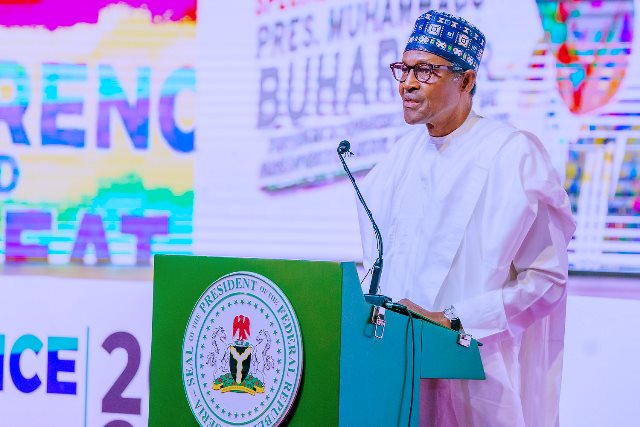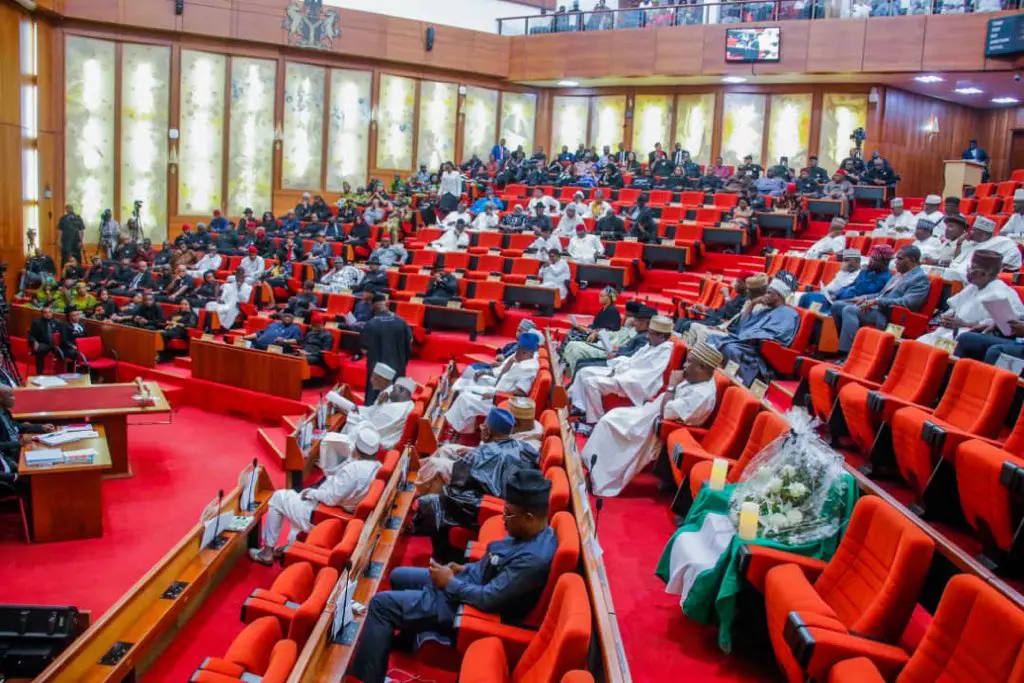VOICE AIR MEDIA
Information and Culture Minister Lai Mohammed claims that food security and an increase in the number of products made in Nigeria have been accomplished during President Muhammadu Buhari’s administration.
On Thursday in Abuja, at the 9th annual “PMB administration; scorecard series (2015-2023)” event, the minister made the remarks in question.
Mohammed claims that the administration has made progress toward self-sufficiency in most basic requirements since taking office, despite global challenges that have raised the cost of living.
“I am sure many of us have seen video clips of empty supermarket shelves in the Western world, especially in the wake of the COVID-19 pandemic, Russia-Ukraine war and the economic uncertainty, which have all combined to disrupt global supply chains,” he said.
“Long before these crises, however, President Muhammadu Buhari had, in a statement that has now turned out to be prescient, admonished Nigerians to grow what they eat and eat what they grow.
“Then, many neither understood the importance of that admonition nor appreciated its relevance.
“Well, it turned out that the consequence of that statement made Nigerians look inward and relied less on imports.
“This has saved Nigerians from hunger, especially during the prolonged global lockdown, when exporting nations shut their ports and borders and nations that relied on imports were struggling to meet their needs.”
Mohammed said that the worst-case scenario would have occurred if the government had relied on food imports throughout the crises.
The minister also said that the presidential fertilizers initiative was an excellent strategy that improved the efficiency of fertiliser production and delivery to farmers.
His statistics show that between 2015 and now, the number of fertiliser blending facilities in the nation has climbed from 10 to 142, and that the number of rice mills has increased from 10 to 80.
He also mentioned that this contributed to food security.
“Our farmers are now part of our economy. Companies and factories are coming up to manufacture, process and distribute food,” he added.
“If you visit our markets and supermarkets today, what you will see mostly are ‘made-in-Nigeria’ products. This is a huge progress in such a short time.”
Speaking further on the high prices of food items, the minister assured that as the country engaged more in local food production and moved closer to achieving food security, prices would begin to fall.
“For now, we must acknowledge the success we have achieved in the area of food production and in scaling up made-in-Nigeria products’’ he said.




